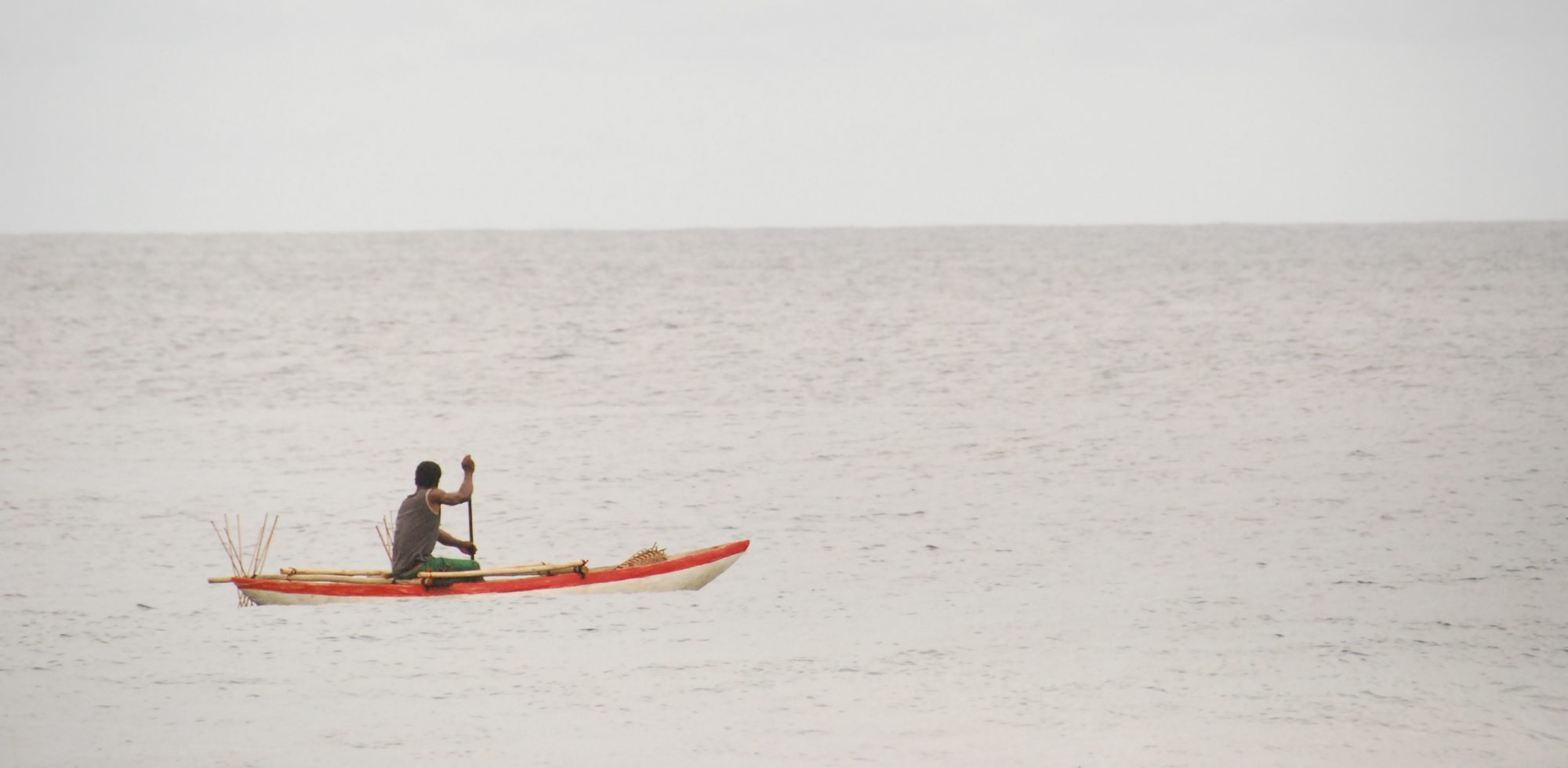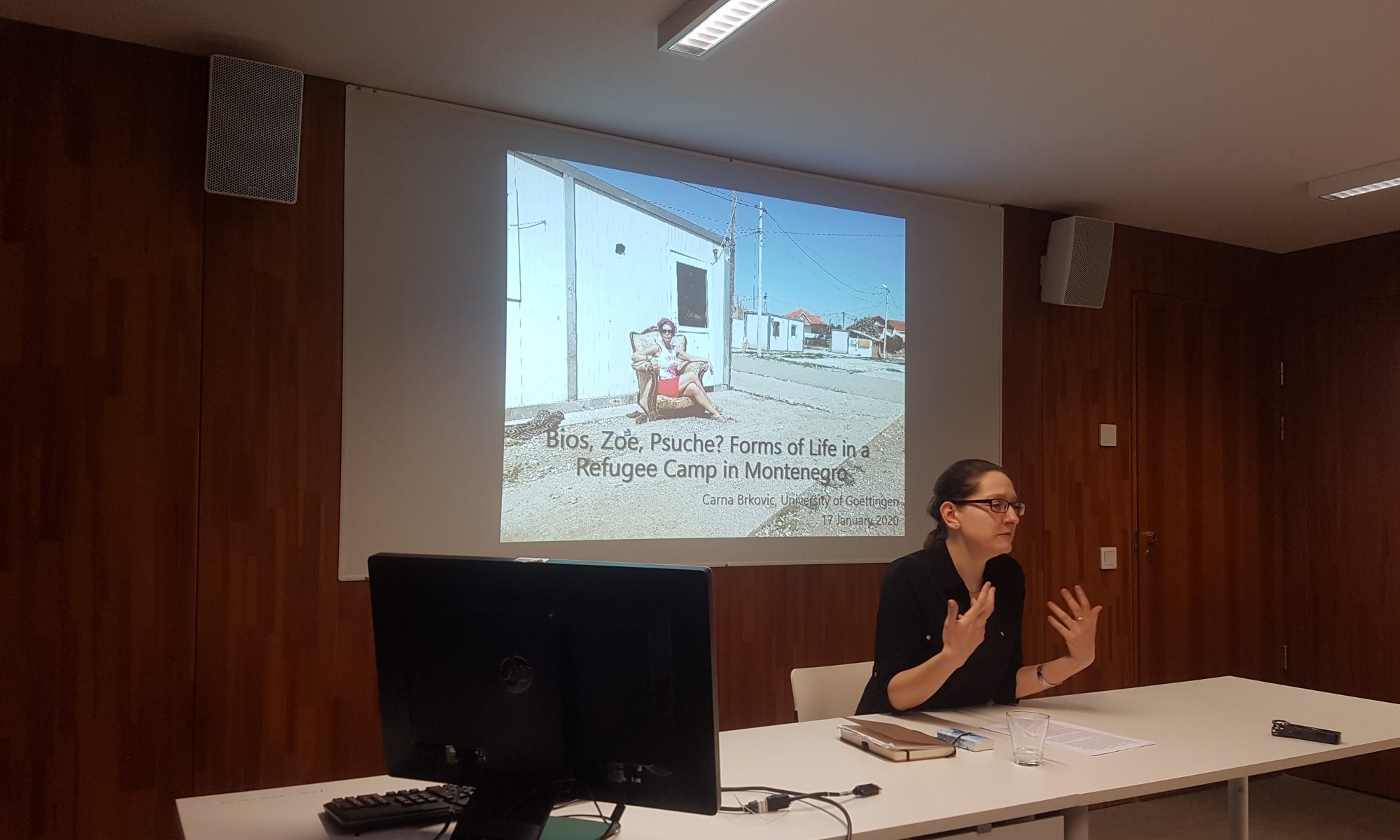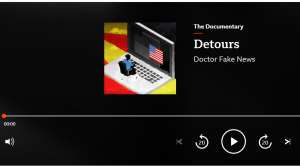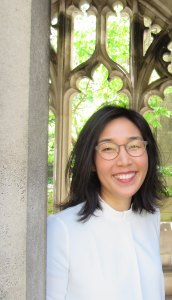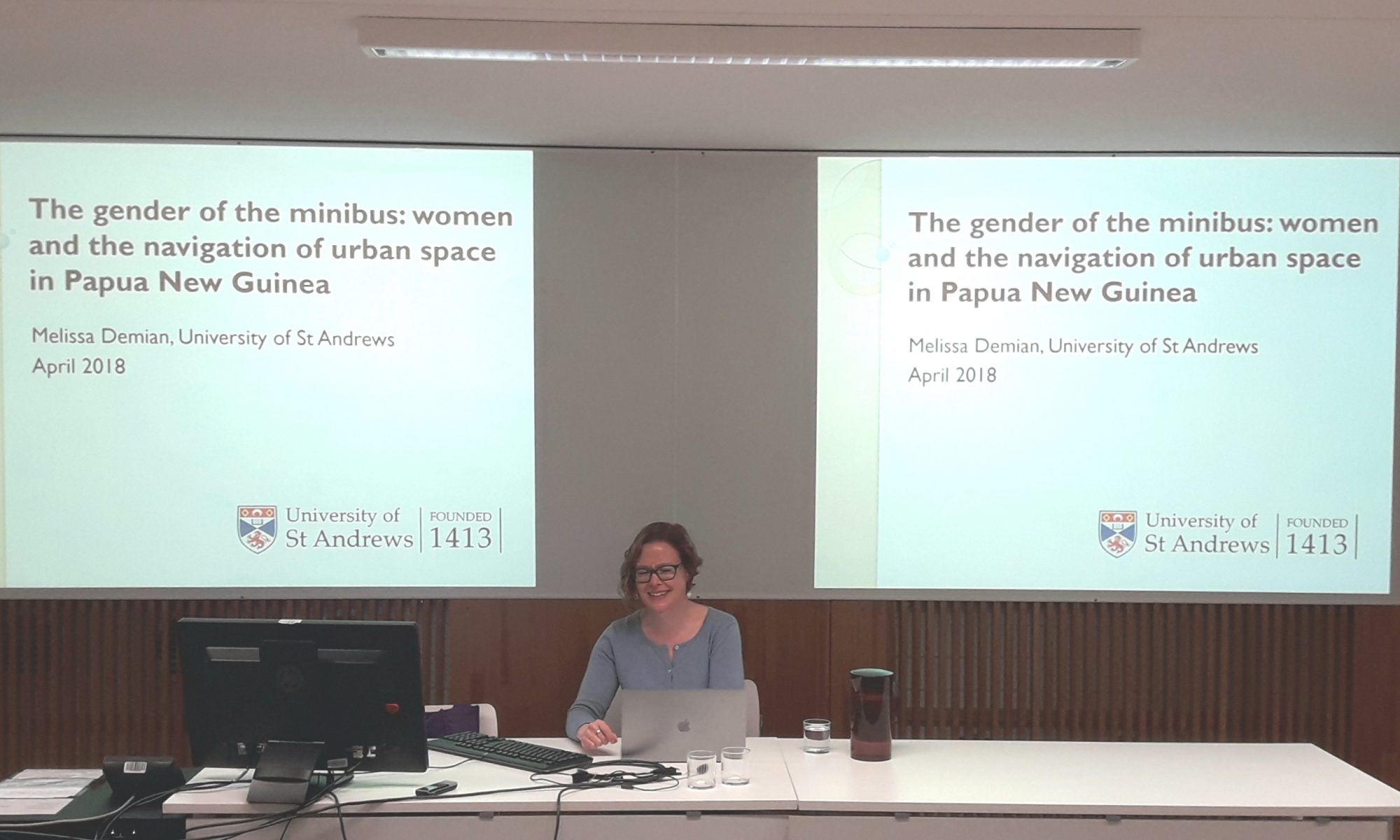Tenhunen, Sirpa 2018. A Village Goes Mobile: Telephony, Mediation, and Social Change in Rural India. Oxford University Press. ISBN: 9780190630270.
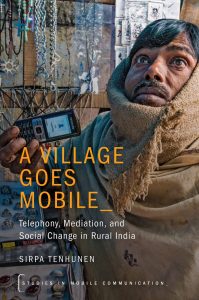 In A Village Goes Mobile: Telephony, Mediation and Social Change in Rural India, Sirpa Tenhunen examines how the mobile telephone has contributed to social change in rural India. Tenhunen’s long-term ethnographic fieldwork in West Bengal began before the village had a phone system in place and continued through the introduction and proliferation of the smartphone. She here analyzes how mobile telephones emerged as multidimensional objects which, in addition to enabling telephone conversations, facilitated status aspirations, internet access, and entertainment practices. She explores how this multifaceted use of mobile phones has affected agency and power dynamics in economic, political, and social relationships, and how these new social constellations relate to culture and development.
In A Village Goes Mobile: Telephony, Mediation and Social Change in Rural India, Sirpa Tenhunen examines how the mobile telephone has contributed to social change in rural India. Tenhunen’s long-term ethnographic fieldwork in West Bengal began before the village had a phone system in place and continued through the introduction and proliferation of the smartphone. She here analyzes how mobile telephones emerged as multidimensional objects which, in addition to enabling telephone conversations, facilitated status aspirations, internet access, and entertainment practices. She explores how this multifaceted use of mobile phones has affected agency and power dynamics in economic, political, and social relationships, and how these new social constellations relate to culture and development.
In eight chapters, Tenhunen asks such questions as: Who benefits from mobile telephony and how? Can people use mobile phones to change their lives, or does phone use merely amplify existing social patterns and power relationships? Can mobile telephony induce development? Going beyond the case of West Bengal, Tenhunen develops a framework to understand how new media mediates social processes within interrelated social spheres and local hierarchies by relating, mediasaturated forms of interaction to pre-existing contexts.
The book is also available as an e-book.
If you are interested in reviewing the book, please, contact Sirpa Tenhunen (sirpa.tenhunen(a)helsinki.fi).
Order the book through Oxford University Press .
